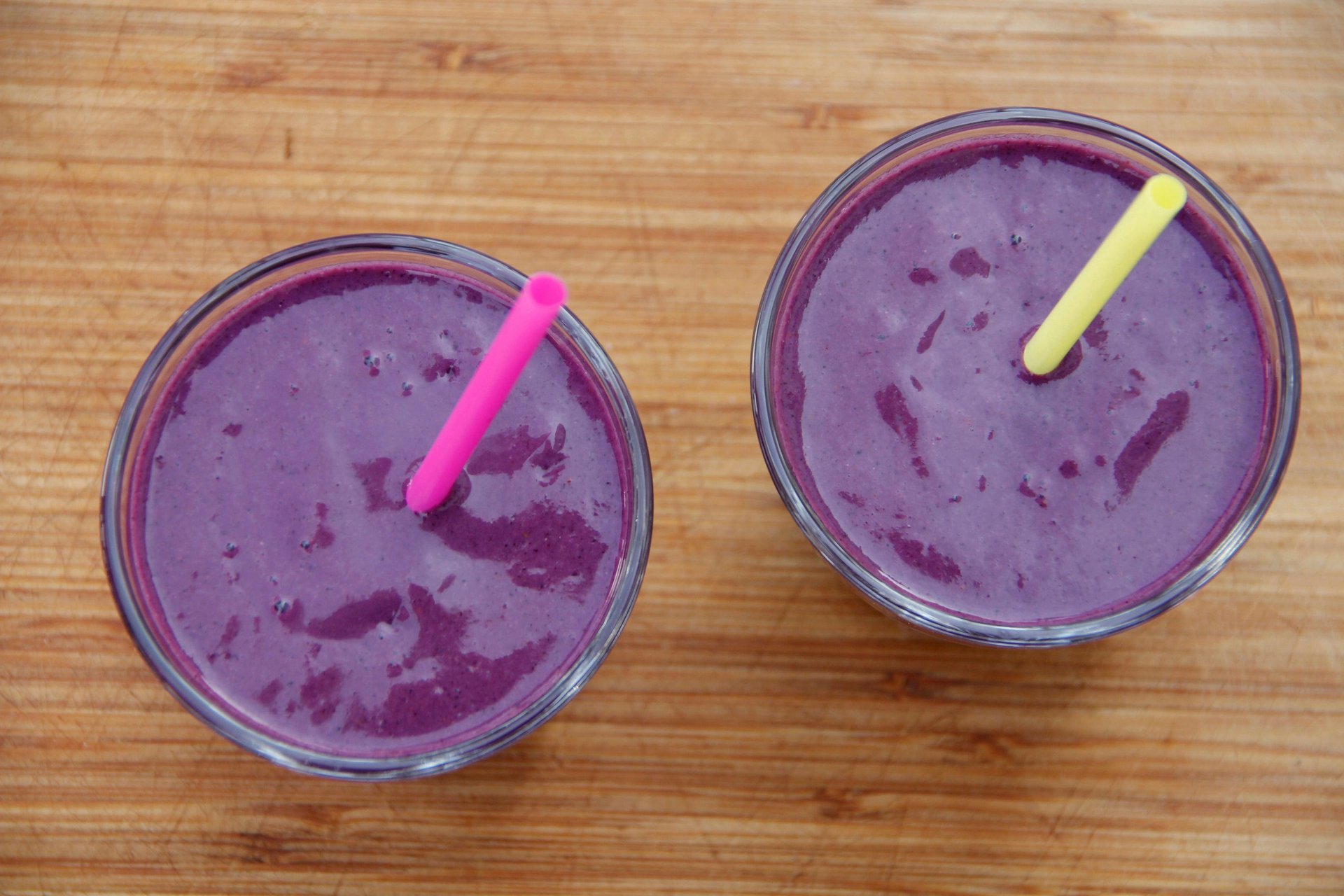As Juicero gets publicly shamed, let us not forget that juice itself is a lie
This week, the internet had a hearty laugh after intrepid Bloomberg reporters discovered that the chopped fruit-and-vegetable packets sold by startup Juicero, intended for use with the company’s $400 wi-fi-equipped cold-press juicer, could just as easily be squeezed by hand. A Silicon Valley darling, Juicero had received $120 million in venture-capital funding, plus breathless press coverage (it recruited ”12 PhDs, 50 engineers, and seven food scientists“), for essentially designing a Capri Sun.


This week, the internet had a hearty laugh after intrepid Bloomberg reporters discovered that the chopped fruit-and-vegetable packets sold by startup Juicero, intended for use with the company’s $400 wi-fi-equipped cold-press juicer, could just as easily be squeezed by hand. A Silicon Valley darling, Juicero had received $120 million in venture-capital funding, plus breathless press coverage (it recruited ”12 PhDs, 50 engineers, and seven food scientists“), for essentially designing a Capri Sun.
Now Juicero is offering refunds to unhappy customers, even as CEO Jeff Dunn attempts to justify the juicer’s existence. But as we ponder the many lessons of another startup comeuppance, let us also remember this fundamental truth: Juice itself is a classist lie.
Juice is one of the pillars of the modern wellness movement, right up there with yoga, healing crystals, Korean sheet masks, and whatever else Goop is hawking this week. And wellness is the ultimate 21st-century status symbol. ”Luxury has significantly shifted from being a way to signal one’s belonging to a socio-economic group, to a form of self-actualization,” Sophie Doran, an analyst who specializes in the luxury industry, told New York Magazine last year. Forget about designer labels and expensive vacations. There’s nothing more difficult to attain, or more enviable, than a natural glow from within.
To that point, whether we’re forking over $400 for a Silicon Valley-approved juicer or $10 for a local shop’s kale-ginger-cucumber-apple blend, we’re not just paying for puréed produce. We’re buying into a vision of ourselves at our radiant, virtuous, energized best. Buying cold-pressed juice has always been a way to signal to ourselves, and the world, that we’re enlightened enough to prioritize our health—and financially secure enough to invest in it. “Juice says you don’t do manual labor,” Vanessa Grigoriadis observed in New York Magazine in 2013. “You make money with your fingers in the new economy, nails painted a cheery neon or pastel gel as you text.”
There’s just one problem: When it comes to health benefits, fresh-pressed juice isn’t all it’s cracked up to be. “Juice has less fiber than a whole fruit or vegetable does, and fruit juices in particular are likely to have a higher glycemic index—a measure of how a food raises blood-sugar levels—than a whole fruit,” a Harvard Medical School blog post explains. Nor is there any evidence that fresh juice helps rid your body of toxins. (Doctors say your kidneys and liver can handle this just fine on their own.) The jury’s still out on whether cold-pressed juicing, meant to better preserve vitamins that would otherwise be diminished by pulverization, helps people absorb nutrients better than other techniques. The general medical consensus is that it’s more nutritious to eat fruits and vegetables in their pre-puréed forms, although swigging a green juice is certainly preferable to skipping produce entirely.
So there’s never been anything particularly magical about juice—apart from its popularity demonstrating how rich people are just as susceptible to marketing and misinformation as poor people. Just as fast-food chains and soda companies target members of low-income communities (admittedly, to more insidious effect), so do marketers target well-off white women by peddling 30-day juice cleanses, bone broth, cryotherapy, and vaginal steaming.
Certainly, there’s a place for juice in the world. It’s a fast and convenient way to get some vitamins, and it tastes pretty good. The problem lies with juice as an aspirational lifestyle symbol that promises to transform us into luminous, Instagram-ready wellness mermaids, and with the darker implication that chewing food is a sign of weakness.
And so the fact that Juicero turned out to be an expensive, useless invention should come as no surprise to us—juice itself is an expensive and somewhat useless “produce lifehack.” Its rise to prominence in the 21st century has been brought about by the capitalist-fueled quest for self-improvement and the mainstream’s warped adaptation of countercultural ideals—the very same forces that have led to some of the tech world’s most embarrassing blunders. In this sense, juice and Silicon Valley were always a logical blend.